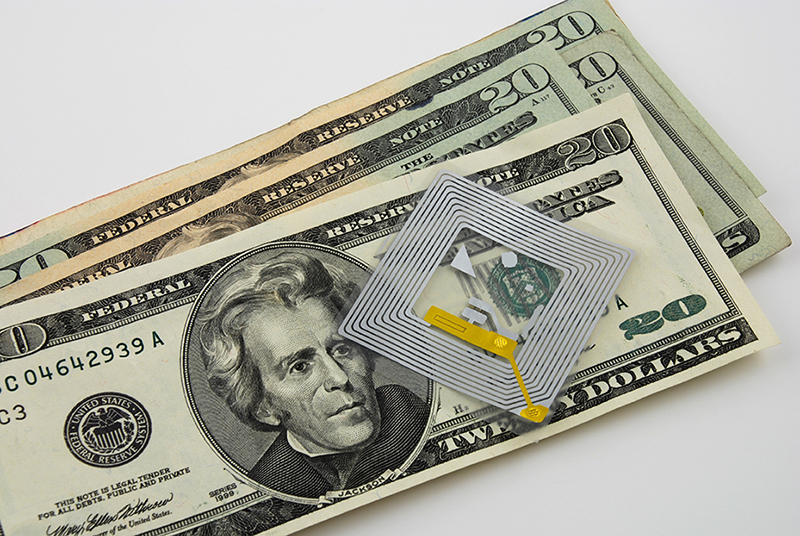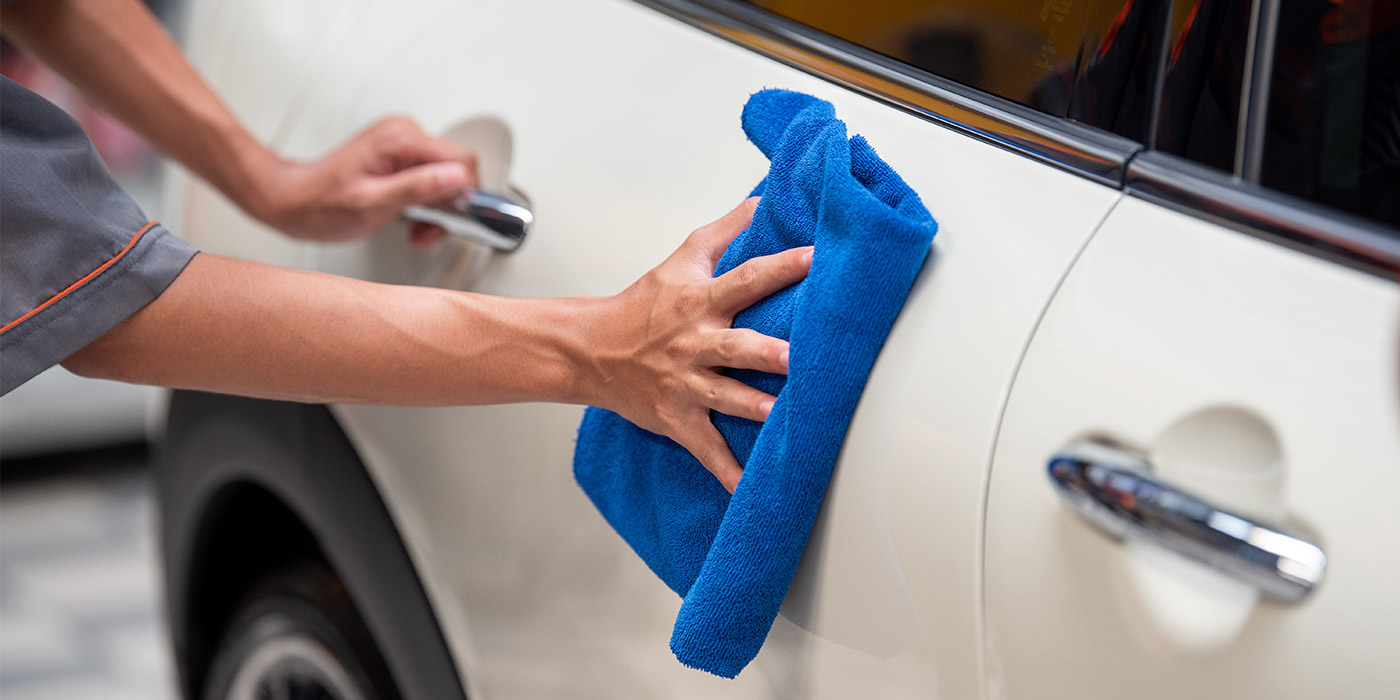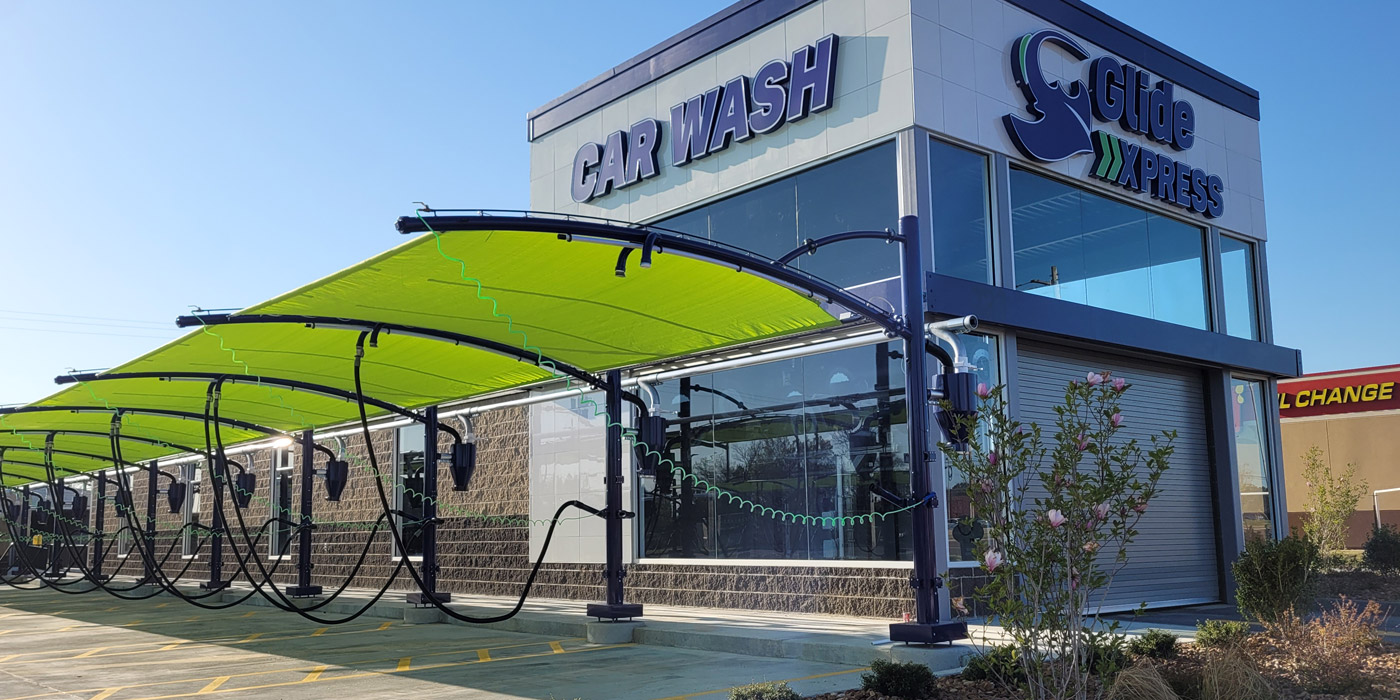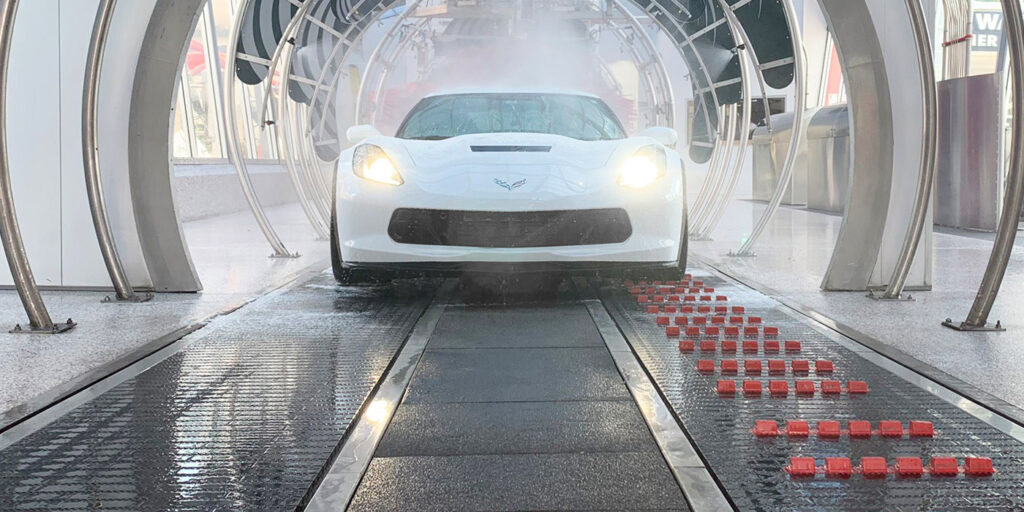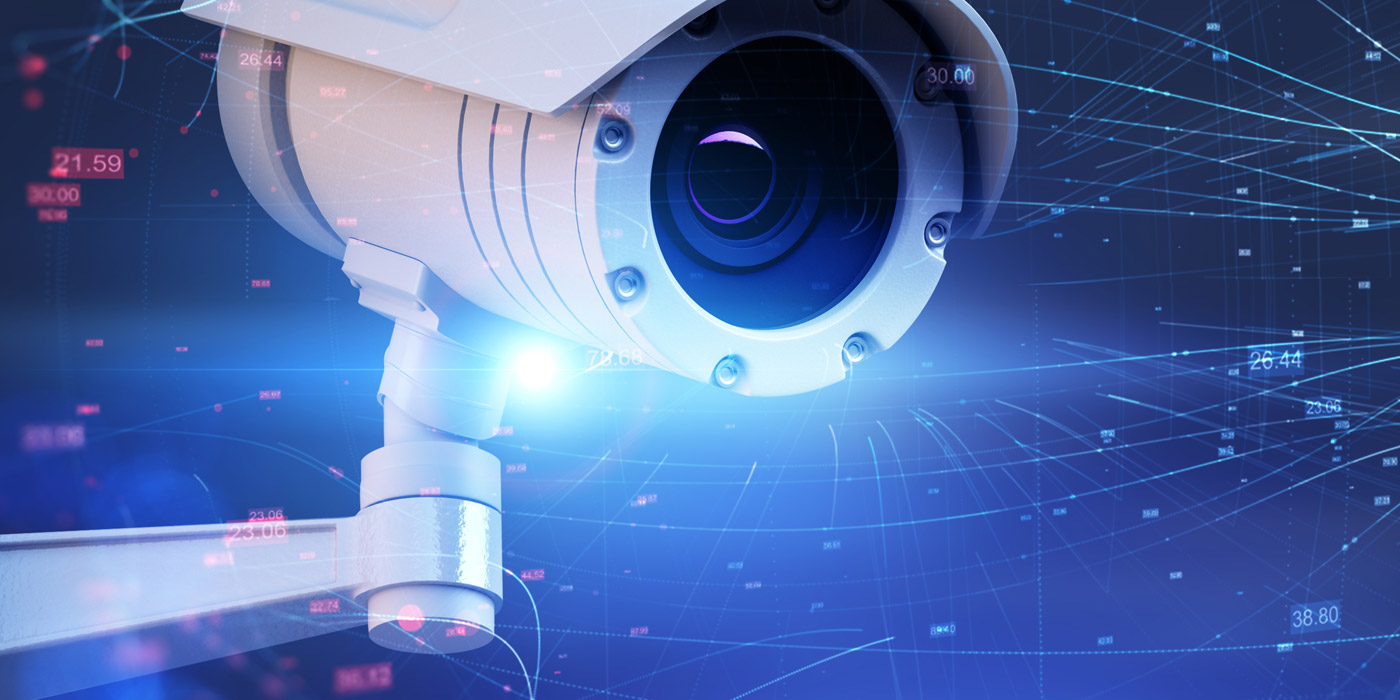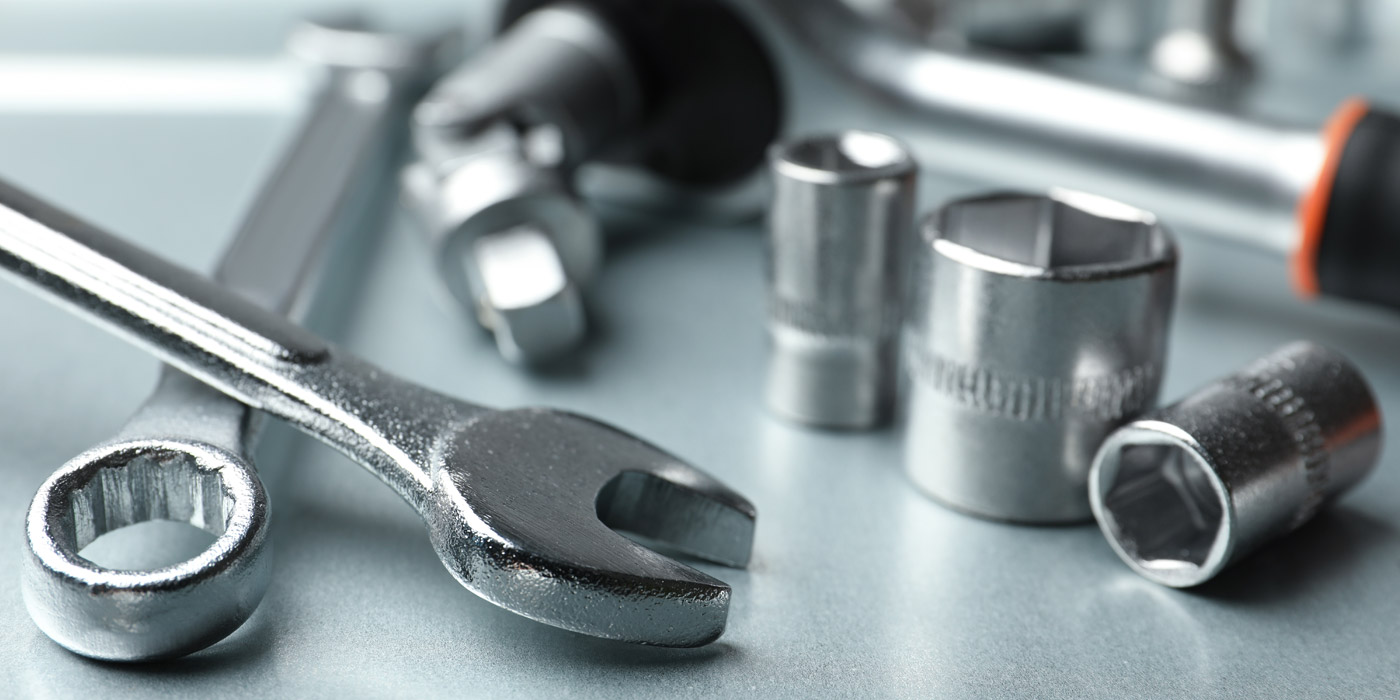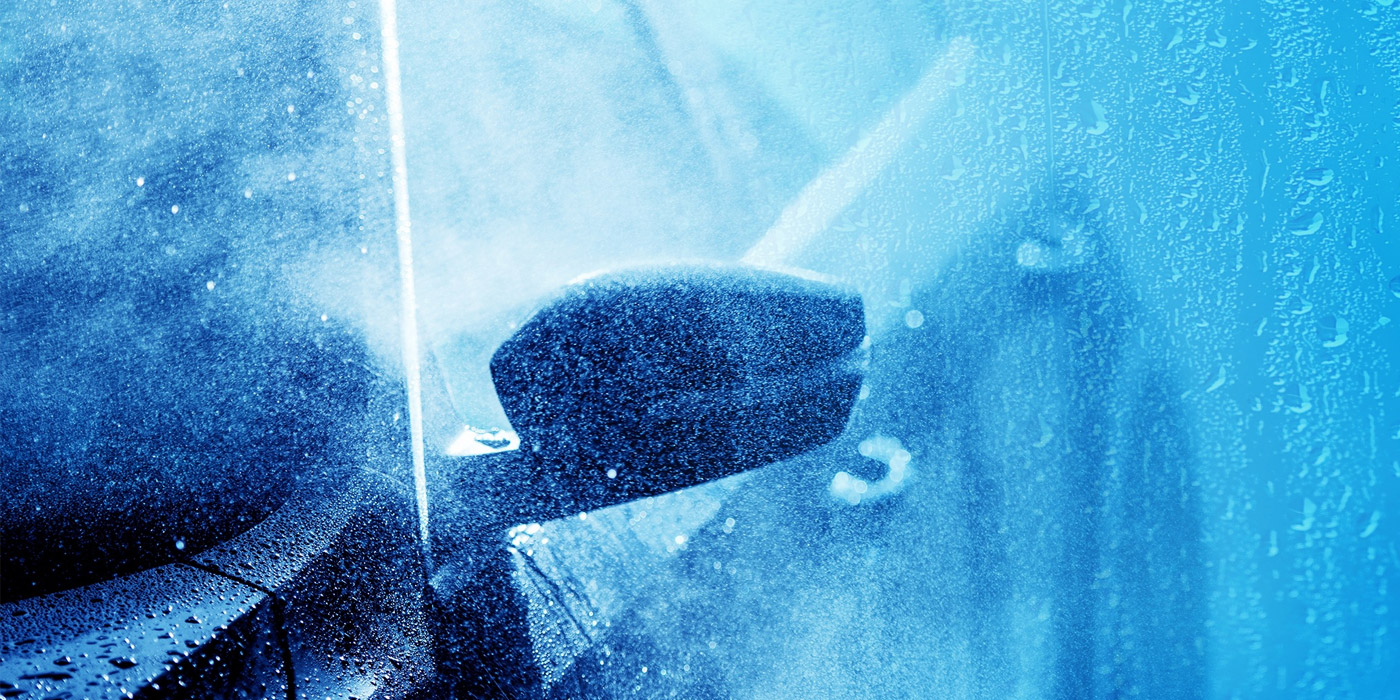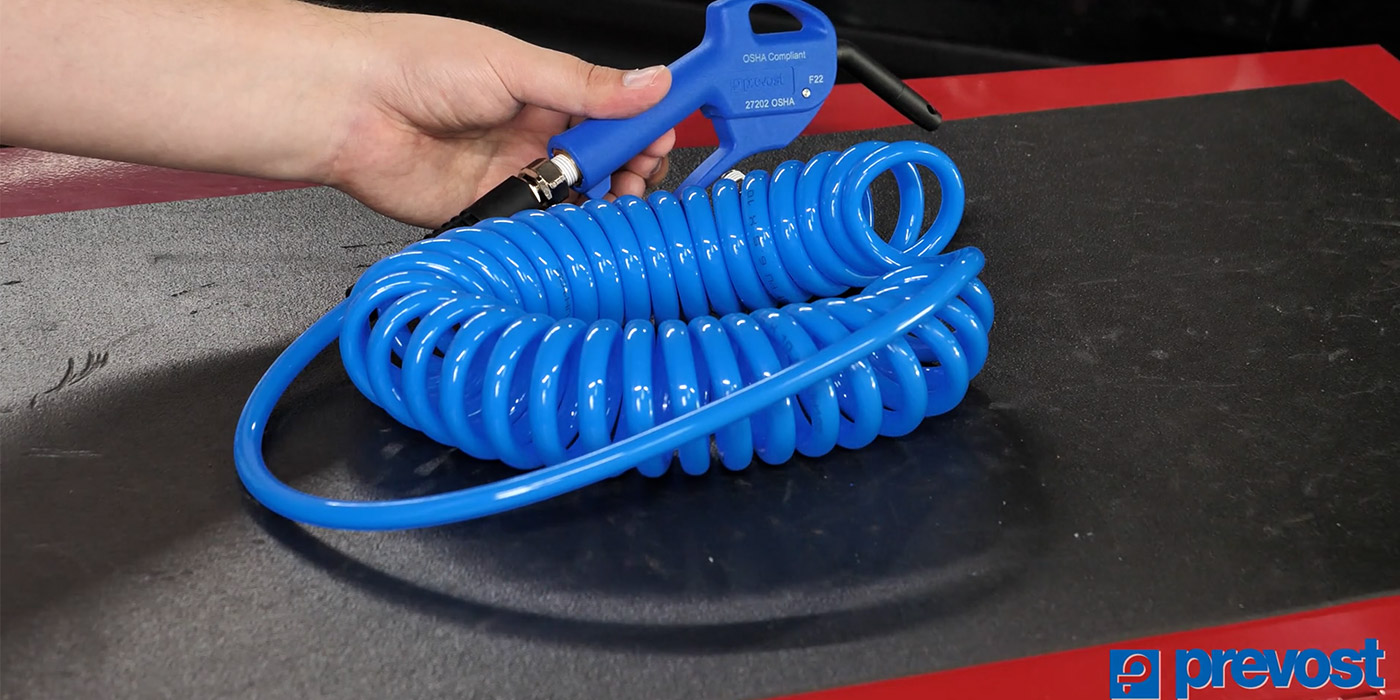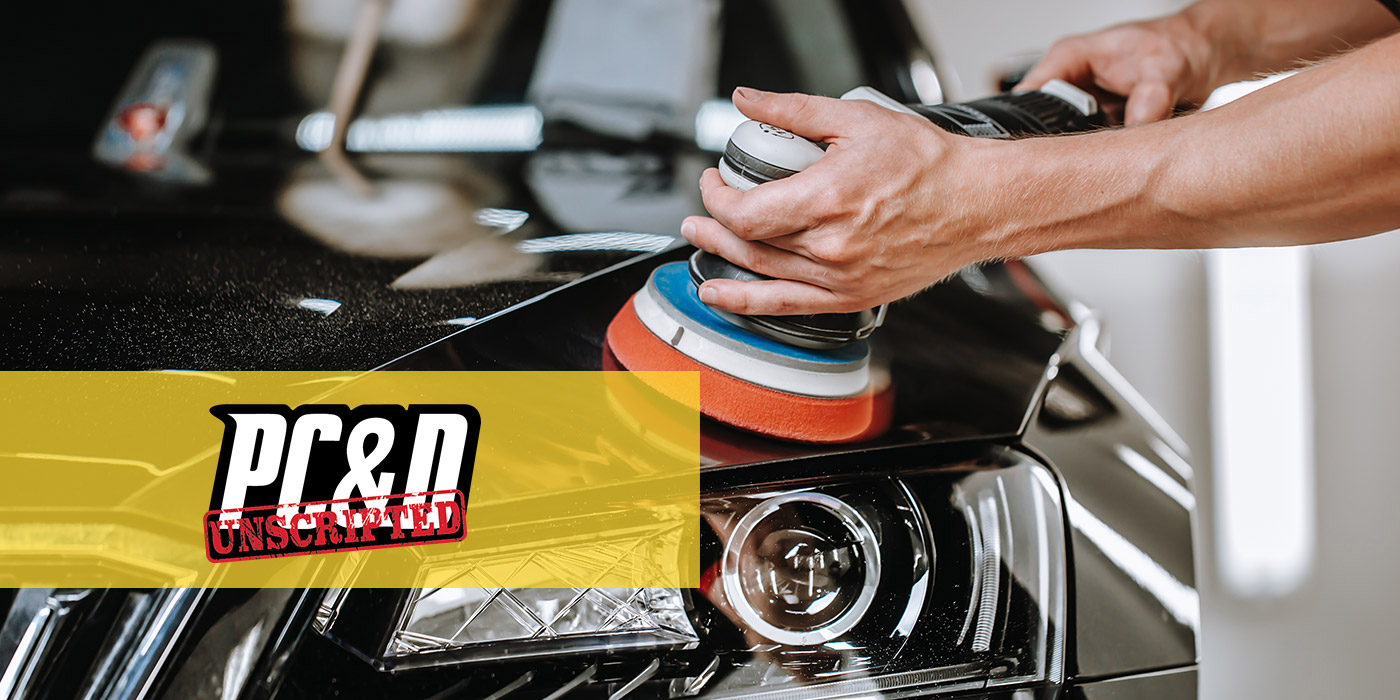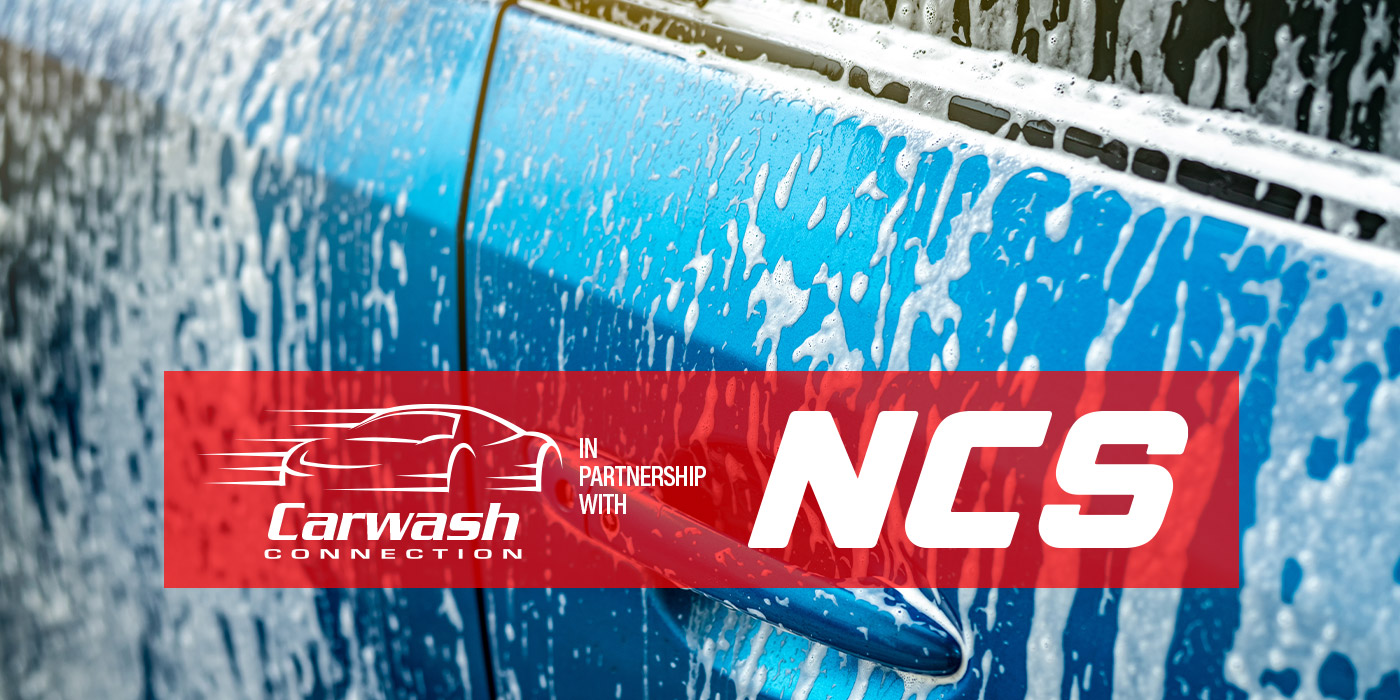The numbers don’t lie: creating a monthly membership program at a carwash pays a big dividend. Recently, Professional Carwashing & Detailing has highlighted the benefits of making the move to monthly unlimited programs, which include the fact that it’s becoming a standard, it decreases customer acquisition costs (and, therefore, your marketing budget) and the technology combining your point-of-sale (POS) system and RFID readers makes the work truly effortless on your part, since the technology does it all.
Furthermore, not only do membership programs drive up customer loyalty (customers aren’t going to go elsewhere if they’ve bought an unlimited membership from your carwash), but they also cushion your bottom line in the face of stretches of bad weather, since the memberships are billed automatically on a monthly cycle. “We think unlimited programs that are billed in a recurring monthly manner revolutionized the industry,” says Todd Davy, director of sales at DRB Systems.
Undoubtedly, there are several ways to have a membership program — using membership cards, scanning barcodes, etc. — but as of late, the easiest and most convenient option for customers and operators alike is through using RFID tags. What makes them such a great option? Let’s take a look.
Accuracy
Today, time is one of the pressing factors in a customer’s life. For that reason, speed has been the driving goal of the carwash industry in recent years. The objective of more and more carwashes has become being able to churn out a certain maximum number of vehicles per hour. As long as the quality of the wash is not diminished, the question then becomes: How fast can we get one customer back on the road and another into the wash?
With that in mind, you have to look for any way to streamline your wash process, and one of the ways you can do that is by utilizing RFID with your loyalty program, assuming you have one. Whether you have a dedicated “members only” lane or put RFID readers on all your pay lanes, there’s no doubt that RFID is the quickest option to get your loyalty members into the wash. With the RFID tag — which is now commonly a sticker on the windshield — properly installed, a car need only drive up to the payment terminal, where the RFID reader will communicate with the tag and let the car through, at the same time signaling to the carwash the wash package associated with the membership.
Of course, there is another option available to carwash owners — one that has been given some serious scrutiny in the industry: license plate readers. However, Davy says, while the prospect of license plate readers is promising, in reality, the read rate of some of the systems on the market today is not too reliable at this time.
Imagine a reader failing to read your loyalty customer’s plate. Think not only of the time it would take to have an employee come out, confirm that the plate does indeed match the associated member account and let the car through, but also consider how such an interaction will have soured the customer’s experience. Instead of having a quick and seamless trip to the carwash, the customer got stuck with a faulty reading that delayed him or her. According to Davy, that’s not really a worry with RFID tags, since, when properly installed, they have a 99.5 percent accurate read rate.
That isn’t to say that RFID has always been perfect. RFID has had its share of problems, but some of the problems faced in the past, and today, are usually based on the tag installation.
“Early adopters didn’t recognize the problems associated with improper installation of the RFID tag,” Davy explains. “Certain vehicles block the RFID signal through the windshield and/or emit their own RFID signals. In multi-lane systems, an outer lane could sometimes detect the tag from a vehicle on the inner lanes.”
However, as the technology continues to evolve, these problems pose less of an issue. Still, in order to minimize read failure, a trained carwash attendant — not the customer — should always be responsible for putting the tag on the car.
Yet, it is for this very same reason, Davy notes, that self-serves and unattended in-bay automatics struggle with the use of RFID technology, as there are often few, if any, employees to assign and affix tags or assist customers with any issues that do arise. Nevertheless, the fact remains that for tunnel and conveyor carwashes, this option is more beneficial than others.
“Unlike loyalty programs at grocers, bookstores, coffee shops, etc., a monthly unlimited program requires accurate identification of the vehicle. Therefore, RFID technology allows self-pay carwashes to offer unlimited plans with limited exposure to theft of services,” Davy notes.
Security
In the past, older forms of tags or stickers made them more prone to physical theft. Sometimes, tags were placed under a car’s bumper or hung from a rear-view mirror. Not only could such placement lead to outright theft, but it also led to theft in a different way: users passing tags around so that multiple vehicles used the same account.
Nowadays, those problems are no longer an issue. The standard for carwashes in terms of RFID tags is to use stickers that are placed on the windshield inside the car. These stickers are not made to come off; some even have slits or perforations to help tear the tag in the event that it is pulled off.
According to Kevin McLoughlin, senior sales consultant at Washify, “Some RFID tags contain a chip inside the tag. So, if somebody is trying to remove that tag to give to somebody else to use and that chip breaks, the tag is automatically deactivated and is useless.”
Still, if you notice some extraordinary usage on a certain tag, chances are that the user is new and is using that tag to its fullest extent. It’s a common pattern in the industry that new loyalty program customers will “overuse” the program in the beginning but tail off to a more “acceptable” wash usage in a few months.
However, if high readings are nagging you, Davy notes, “Integrated camera systems can compare pictures of the vehicle between visits, allowing a tunnel attendant to easily identify mismatched vehicles. Documentation of ‘problem vehicles’ and alternative tag placements have helped alleviate the aforementioned issues with windshields.”
As for what to do when customers get a new car, many carwashes simply have the customer pay a small fee — $2 or $3 — for a new tag that will be affixed to the windshield upon the customer’s next visit.
Protecting info
What about information security? For instance, sniffing is a type of attack used against RFID cards where a hacker listens for a transmission between the tag and the reader and then intercepts and manipulates that information. Not to worry, though: In the unlikely event that this occurs, the only information stored on an RFID card is the customer’s account number.
“None of the customer’s information should be stored or written onto the RFID tag itself,” according to Davy. “Rather, a customer identifier on the tag can be read by the point-of-sale system’s software and decoded in a secure database. This keeps customer identity information from being accessible to malware.”
To that end, however, it is imperative to keep your POS system software up-to-date to prevent the latest malware attacks.
Related: Why you need to care about cybersecurity
“One of the key, if not the most important, [pieces] of information about your customer to keep secure is his or her credit card information. As long as the way the credit card information is stored and transmitted is secure, carwash owners can have some peace of mind in that regard,” McLoughlin assures.
To that end, McLoughlin explains, “It is important for the credit card data to be both encrypted and tokenized. Encryption and tokenization are often talked about together, but they are different. The main difference is if something encrypted is breached, it is possible for a hacker to decrypt and attain that information. With tokenization, sensitive data gets tokenized, meaning it is converted to a random string of characters called a token that is meaningless if breached.”
So, if you had any lingering doubts about using RFID tags for your loyalty programs, be at ease. With their high accuracy read rate and security measures, the only thing RFID is guaranteed to do is streamline your wash process.

